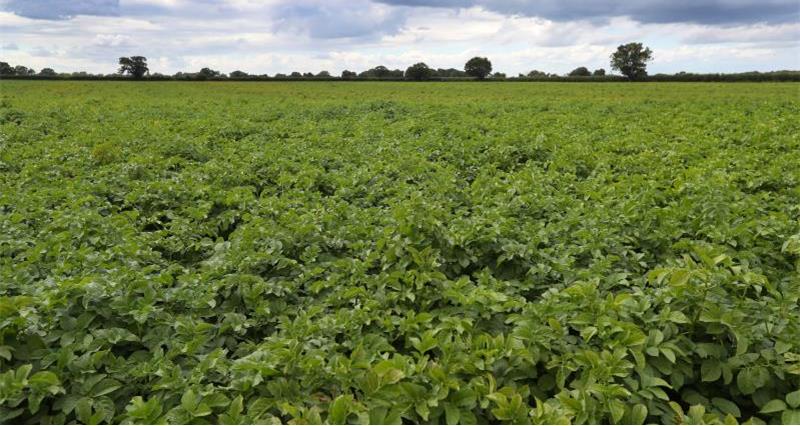The Commission’s proposals for non-renewal of the approvals for these actives were previously put to EU member state technical experts at Standing Committees in May and June, but they failed to reach a decisive conclusion – effectively rejecting the proposals. This ‘no opinion’ position enables the Commission to decide what it does next – a choice between amending the proposal and taking it back to the Standing Committee, or referring the rejected proposal to an Appeal Committee, which the Commission chairs. It this case it chose the Appeal Committee.
Dr Chris Hartfield, NFU Senior Regulatory Affairs Adviser, said: “The different roles of the Standing Committees and Appeal Committee used to be quite clear – the Standing Committee was a technical discussion and on the odd occasion it could not reach a conclusion, the Appeal Committee could be called on to take the more political decision. There’s now little difference in the results of the two committees, as Standing Committee decisions by many Member States have become increasingly politicised. As a result ‘no opinion’ positions in Standing Committee are often followed by the same in the Appeal Committee. At the same time, the number of ‘no opinion’ positions at Standing Committee have increased, and so have the number of proposals taken to Appeal Committee.
“However, there’s a critical difference between committees in the consequences of a ‘no opinion’ position. In Standing Committee it effectively means the proposal is rejected. But in the Appeal Committee a ‘no opinion’ position means the Commission is able to adopt the proposal under its own authority. Proposals can only be rejected at Appeal Committee by a qualified majority vote against. It has to be said, the Commission finds this situation frustrating, as it becomes the ‘bad guy’ making the decisions as Member States seem to become increasingly unable to make decisions themselves. As a result the Commission is trying to tighten the process to force Member States to be more decisive. All that said, it doesn’t stop the Commission from continuing to adopt no opinion proposals at Appeal Committee.
“And this is what looks set to happen for diquat, thiram and pymetrozine. It is expected that within the next few weeks the EU will officially publish the regulations banning these actives. These regulations usually call on Member States to withdraw authorisations within 3 months and allow a grace period for use-up that expires within six months. This would mean these actives would be banned from use very early in 2019.
The NFU didn’t think the proposed bans were justified and worked to keep these actives, highlighting their importance with UK government and farming representatives in Europe.
Dr Hartfield said: “New research and risk assessments have shown the herbicide and crop desiccant diquat can be used safely, but this information wasn’t used in the Commission’s assessment. This decision will have significant implications for potato production in the UK. Diquat is much more effective than other available alternatives. As well as stopping disease spread, it also allows for accurate harvest planning and helps ensure the production of high quality potatoes.
“Thiram is an important fungicide seed treatment for sugar beet growers in the UK and helps protect the crop against a range of soil-borne diseases. The decision to not reapprove thiram appears to have been made after the evaluation process was changed but new data, which would have shown the safety of thiram as a seed treatment, wasn’t considered during the renewal process.”
“Pymetrozine is an important insecticide which is used by most seed potato growers and in ware crops, contributing to resistance management in these crops. It is also an important insecticide for oilseed rape growers, who have been affected by the loss of neonicotinoids.”
“The NFU has always said we believe pesticides regulation needs to be more risk and science-based, to protect the environment and consumers while also supporting productive and competitive farming.”
